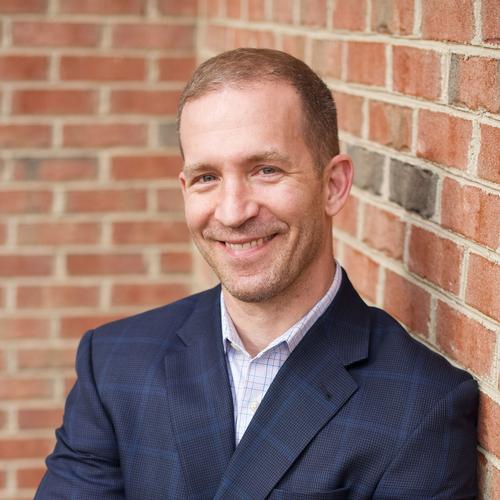
Have you ever wondered why you should pay an attorney for a will when you can get one online and do it yourself (DIY) for under a hundred bucks? It’s a good question and, in some cases, a DIY will is the right answer. Do you know someone who is single and living in a hippie commune (think Alexander Supertramp from “Into the Wild”)? He can definitely get away with leaving his beat-up VW bus and patchouli oil collection to his dog in a simple, DIY will. But if you’re married, have kids, own a home, and/or invest in a retirement plan that isn’t centered on selling mint condition Star Wars toys for money, it’s probably time to take greater measures in protecting the financial security of your loved ones.
Here’s the dirty little secret - a simple will is not a particularly complex document. There’s an introduction, followed by several clauses that distribute your property, and a guardianship provision if you have minor children. That’s pretty much it. And that’s why DIY wills can seem attractive. But it’s not really the will itself you have to worry about, it’s the lurking, unseen booby traps behind the will that should give you pause. We professionals refer to these booby traps as “the law”. Now don’t get me wrong, I love the law – but it is an ever-changing and moody partner; especially in the estate planning arena.
Avoiding these traps is often about choosing the right words and including the right clauses, in the right order, for your will, a task that is highly fact dependent and situation specific. That’s where GuideOn Legal Services comes in. I take the time to understand your family makeup and your lifetime and legacy goals, after which I craft a state-law specific estate plan designed to best effectuate your intentions.
Take it from me, the further you’ve traveled from that hippie commune on your capitalist journey to middle class America and beyond, the less the cookie-cutter approach of online will providers will work for you. An example to drive the point home:
Let’s say we have two identical married couples, one living in DC and the other in Maryland. Each couple has three children, a family home with a mortgage and a modest estate comprised of the usual retirement and savings accounts. Let’s further suppose that each couple creates an identical will giving the family home to one of the children and leaving everything else to the two remaining children. Both couples are happy thinking they’ve come up with a plan that generally gives each of their kids an equal share of their total estate. With me so far?
Now here’s the surprising result. For the DC couple, the law would require that the mortgage on the family home be paid off from the other assets in the estate before passing to the child. In contrast, for the Maryland couple, the house would pass to the child with the mortgage intact. Same exact will, totally different outcome. What’s the point, you ask? Well, in DC that mortgage gets paid off by the assets intended for the other two kids, possibly denying them their entire inheritance. This is certainly not the equal distribution the DC couple intended for their kids. And this is not some anomalous, one-off outcome. Examples like this grow along with the size of your estate.
Given the choice between having nothing or a DIY will, I’d rather you have the DIY will (don’t get me started about what can happen when you have nothing in place, that’s an article for another day). If, on the other hand, you conclude there is value in exploring the benefits of a tailored estate plan that will accomplish your goals while avoiding unnecessary risk, We'd be honored to serve you and your family.
_______________________________________
The author is GuideOn Legal Services (GLS) founder Jack Grimes, a military veteran, former Intelligence Community executive, small business owner, and JAG Corps Reserve Officer with over 20 years of experience in estate planning. He is among a limited number of attorneys in the country with an LL.M. (Master of Laws) in Estate Planning and Elder Law. The GLS motto Live Long, End Strong® epitomizes the full life-cycle approach our firm takes to estate planning. It starts with the end in mind, and then builds a lifetime and legacy plan, culminating in the peace of mind that comes with protecting your family's future by preserving assets from taxes, probate costs, legal issues, and unnecessary financial risk.

